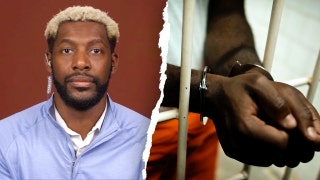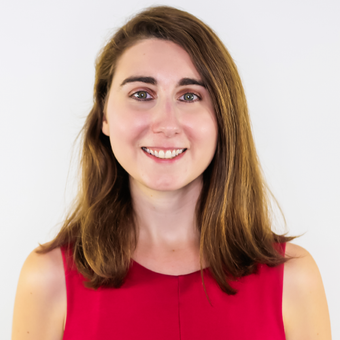Human rights activist sounds off on the 'staggering' number of individuals without proof of identity
Mariana Dahan, director of "Shadows in the Dark: Our Global Identity Crisis," sheds light on the plight of individuals without access to proof of identity and why she sympathizes with them.
EXCLUSIVE: Filmmaker and human rights activist Mariana Dahan spoke about her documentary, "Shadows in the Dark," filmed to shed light on the plight of individuals without access to proof of identity - a topic she said hits close to home. The film recently premiered at the Davos World Economic Forum.
According to the World Bank, more than a billion people lack identification, without access to basic services like health care, education, banking, or voting, a statistic that "Shadows in the Dark: Our Global Identity Crisis" highlights on its film website.
"I would say that I'm someone who advocates for universal identity for everyone," Dahan told Fox News Digital. "I see myself as someone who can speak on behalf of those who are voiceless today, because for many of us, they don't even exist. They don't have a proof of their identity. We don't know where they are, who they are. And we talk about the staggering number of more than a billion people around the world today, mainly women and children, who live in rural areas or in cultures where it wasn't encouraged to give them ID documents or recognize them at birth."
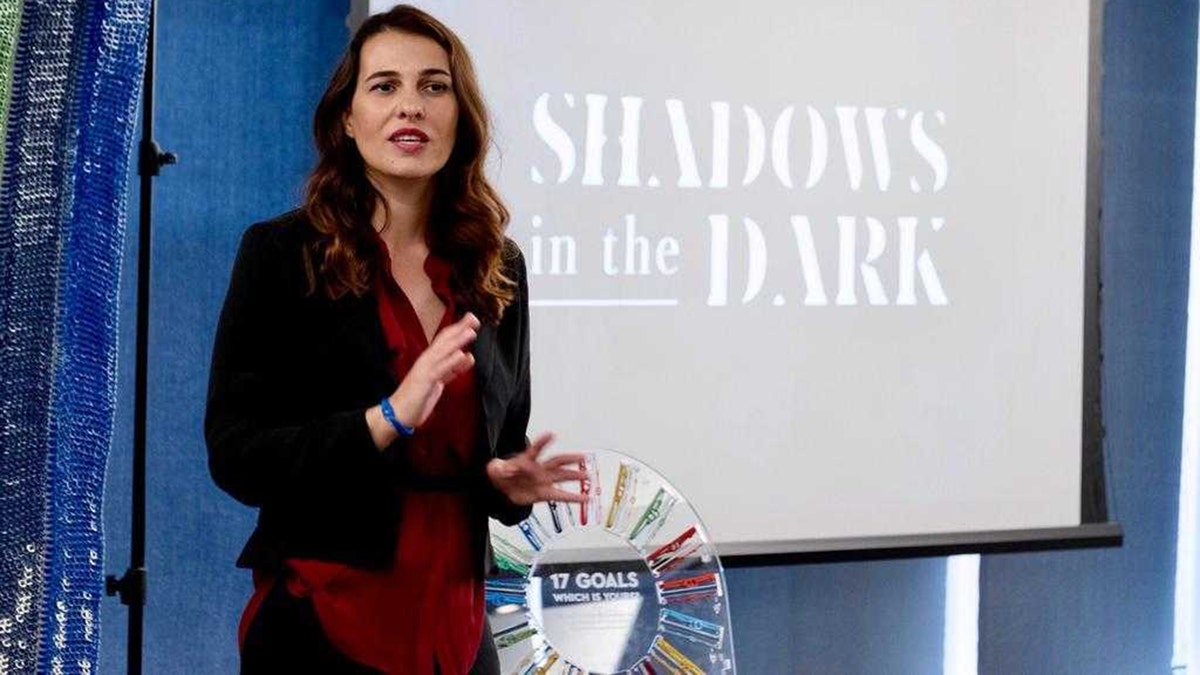
"Shadows in the Dark" director Mariana Dahan speaks at the Davos premiere.
Dahan was born in the Soviet Union ontthe border with Ukraine, now modern day Moldova. Her father, she said, "didn't want to recognize" her at birth, so he didn't see any reason why she should get identity documents even less why she should go travel and get an education abroad. Yet it was something she "really wanted to do" and felt "lucky" that her mom got ID papers for her, and she was able to get a scholarship, go to France and continue her life there.
But she felt for those who were left behind, some of whom she said fell prey to human traffickers.
"No one really knew they existed," she said. "So, because I lived through a similar situation myself, I can empathize with them. And today, I would like to speak on their behalf."
UKRAINIAN REFUGEES SPEAK OUT ON ANNIVERSARY OF RUSSIAN INVASION: ‘DO NOT FORGET US’
As border security continues to be a top issue for voters, Dahan shared her perspective on how to address the issue.
In the documentary, Dahan has conversations with conservatives in front of a border wall who believe asylum seekers need to "use the front door" and enter the U.S. through the proper channels. She responded by suggesting they should try and "soften their hearts" to young, innocent asylum-seeking children who are fleeing persecution in their own countries.
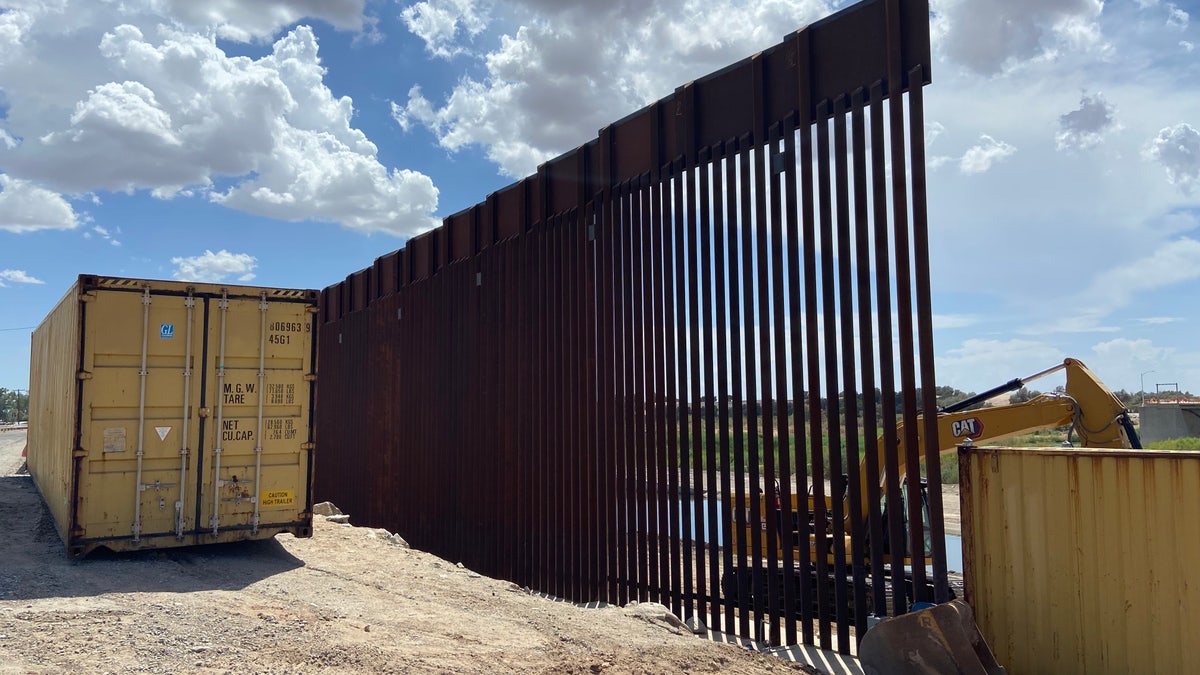
Gov. Doug Ducey ordered the construction of the border wall to continue using shipping containers. (Ashley Soriano/Fox News)
SYRIA'S REFUGEE CRISIS: WHERE IT STANDS NOW
Dahan elaborated with Fox News Digital, saying she "absolutely" understands the need to uphold the law, but suggested that some of those laws are outdated.
"I think we live in a democracy, and we have to uphold our laws. Perhaps some of these laws are outdated. They need to be updated because we live in a world that is changing at such a fast pace. You know, we have all these wars erupting and climate change. The climate is really shaking us and no one is really safe. We are talking about migrants coming from Latin America into the United States, but who knows what catastrophe can push people from Western societies to other countries around them who are not democratic today where, you know, we cannot count on the rule of law," she said.
"So I think it's a global issue of us as human beings to find a way to solve these issues so that, whenever it happens, within the United States or elsewhere, we can respond to this quickly," she continued. "We can adjust our justice system, our immigration system to help other human beings."
Congress is anticipating a bipartisan border security package in the coming days that has the green light from President Biden.
"What’s been negotiated would – if passed into law – be the toughest and fairest set of reforms to secure the border we’ve ever had in our country," Biden said in a statement. "It would give me, as President, a new emergency authority to shut down the border when it becomes overwhelmed. And if given that authority, I would use it the day I sign the bill into law."
Successful negotiations, he said, would be a "win for America."
Dahan offered follow-up comments outlining her opposition to it.
"Immigration in the United States is a complicated and nuanced topic that unfortunately remains heavily politicized," she said. "A bill like the one being proposed by Sens. Lankford, Murphy and Sinema lays the groundwork for an anti-immigrant administration to shut off all pathways toward citizenship. And while it is difficult to understand the Biden administration's thinking in entertaining this reform, it is critical to keep advocating for a more humane approach, ensuring inclusivity and accessibility of legal migration pathways.
She added that the deal could be rife with "the potential misuse of technology in migration management."
Dahan wished the media would cover the refugee crisis, but guessed that the lack of coverage was due to a "fatigue" of bad news.
"I think we do have a fatigue that settles in after seeing so many disasters and reporting about so many wars and conflicts and violence around the world that, eventually, we just want to go on with our lives and just listen to more positive news," she said. "But also, I think there is the issue revolving around storytelling. And today, media maybe uses some very outdated ways of communicating around these issues. Many of us are waking up today and realize that all our books or films or historical accounts are being told from a very one-sided perspective, which encourages a cycle of exclusivity where we are pushing minorities to the sidelines without recognizing it."
NYC EXPANDS ASYLUM ASSISTANCE TO MIGRANTS, AMID STINGING BUDGET CUTS DUE TO RAGING CRISIS
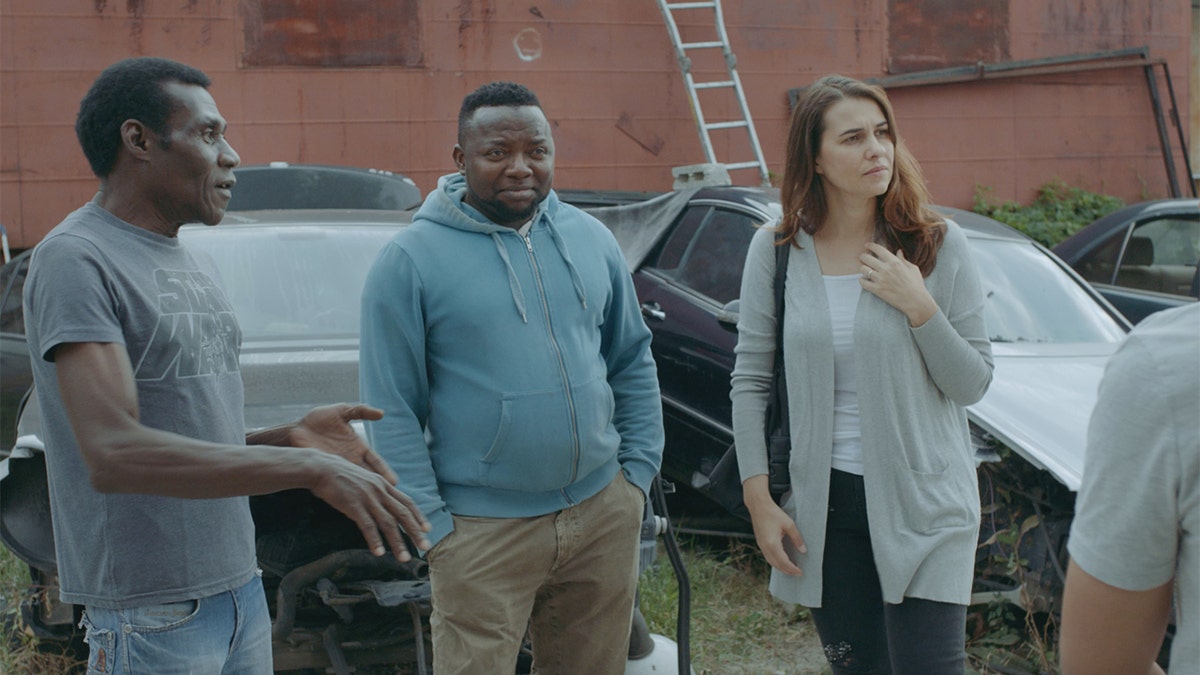
Documentary filmmaker and human rights activist Mariana Dahan with refugees in a still from "Shadows in the Dark." (Photo credit: Shadows in the Dark)
She challenged the media to be more "inclusive" in their storytelling.
"I think media and storytellers should be more inclusive and help those voices of migrants being heard," Dahan said. "I think there is nothing that destroys hate and bias more than stepping into someone else's shoes. So I rarely see in the media accounts of undocumented migrants told by themselves. And we hear their voices, and we hear how they went through this, you know. And that's when I think we really empathize with them. And this fatigue that I talked about, I think it disappears, and we want to help them."
CLICK HERE TO GET THE FOX NEWS APP
Dahan worked at the World Bank in 2017, before helping create the World Identity Network. She is now the CEO of the Universal ID Council, described on its website as a group of human rights activists, identity experts, and technology innovators with decades of experience around critical issues tied to identification rights and responsibilities.
UIDC will have a particular focus on ensuring that the global financial system provides access and opportunity to everyone, including those who are currently marginalized, Dahan shared in Davos.
"Access to identification is a fundamental human right," Dahan said. "Our vision is a financial system rooted in equity and self-sovereignty, empowered by a Universal ID Program. This system will enable inclusive participation in the global economy, breaking down barriers faced by the most vulnerable."
"Shadows in the Dark" is available on Amazon.



















